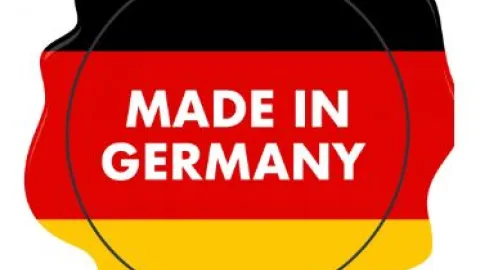News European Union
Please note that you have to be a registered member with paid membership in order to see full articles.
Become a MemberSelected News
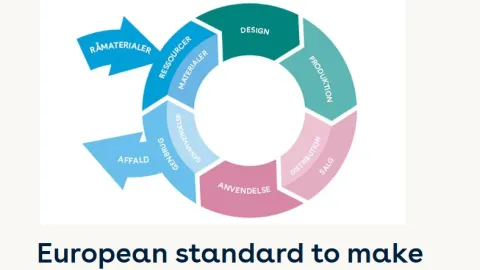
Danish Version of European Standard EN 45560 Brings Circularity Into Product Design
Denmark has published DS/EN 45560, its national version of the European circular product design standard, giving companies a practical way to integrate circularity into product development from the start.
Dutch In Vitro Standards Committee Presents Broad Agenda for New Laboratory Standards
The Dutch In Vitro Diagnostics Standards Committee is driving a wide range of international work on new laboratory and diagnostic standards, reflecting the rapid rise of digital tools, artificial intelligence, and smarter testing systems.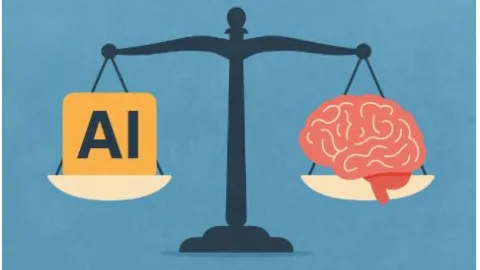
Draft Standard EN 18274 Sets Skills Requirements for AI Ethics Professionals
A new European draft standard, prEN 18274, sets out the competence requirements for professional AI ethicists and is now open for public comment.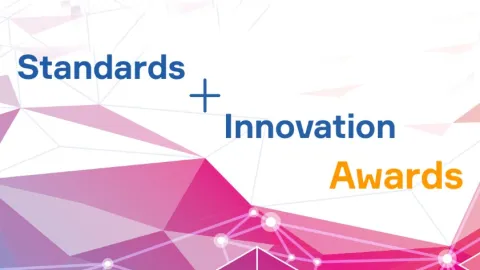
CEN and CENELEC Celebrate Standards+Innovation Award Winners for 2025
CEN and CENELEC announced four winners of the Standards+Innovation Awards 2025 during a ceremony in Brussels, where the organizations highlighted how standards help turn research into practical impact.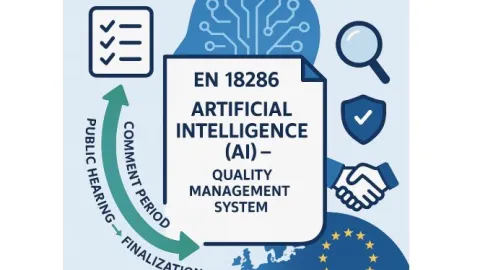
EU: Public Consultation Opens on EN 18286, First Standard Supporting the AI Act
The first European standard designed to support the European Union’s Artificial Intelligence Act (EU AI Act), EN 18286, has been released for public consultation.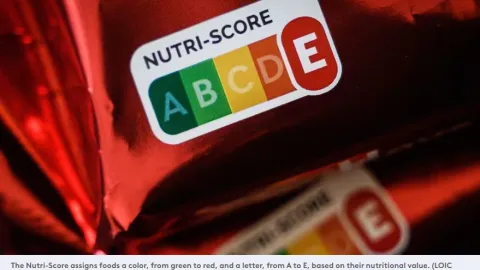
France Makes Nutri-Score Labeling Mandatory, But Excludes Traditional Food Products
France’s National Assembly has approved a measure making Nutri-Score labeling mandatory on most food packaging, but excluding products with protected designations such as AOP, AOC, or IGP.
NATA Accreditation Can Help Australian Companies Meet France’s New Fast Fashion Law
France is introducing a new law to curb the environmental impact of fast fashion - low-cost, trend-driven clothing that is produced rapidly and often discarded after minimal use.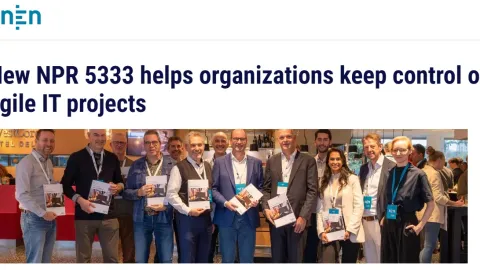
NEN Launches NPR 5333 to Improve Oversight of Agile IT Projects
The Netherlands Standardization Institute (NEN) has released NPR 5333:2025, a new guideline that helps organizations maintain control over agile-style IT development.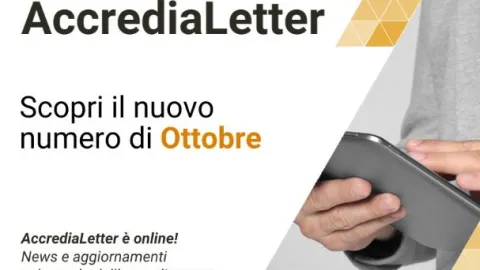
October Issue of AccrediaLetter Highlights New Anti-Corruption Certification
The October 2025 edition of AccrediaLetter, the monthly newsletter of Accredia,Italy’s national accreditation body, focuses on new developments in accredited certification and quality infrastructure.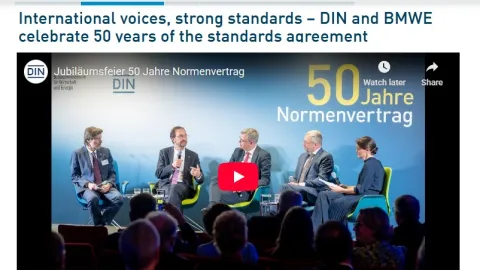
Germany Marks 50 Years of the National Standards Agreement
The German Institute for Standardization (DIN) and the Federal Ministry for Economic Affairs and Climate Action (BMWE) celebrated the 50th anniversary of the Standards Agreement on November 6 at DIN’s headquarters in Berlin.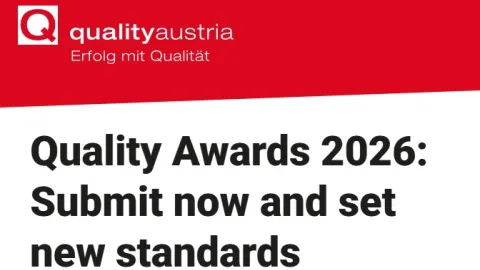
Applications Open for Quality Austria’s 2026 Quality Awards
The call for entries is now open for the 2026 Quality Awards organized by Quality Austria and the Austrian Association for Quality (ÖVQ).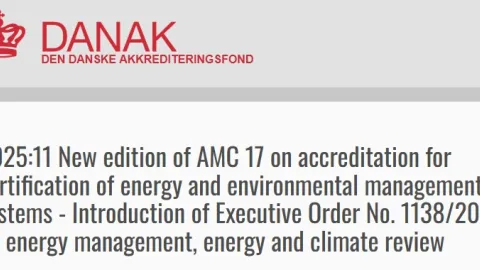
DANAK Updates AMC 17 as New Danish Rules Tie Accreditation to Climate Reviews
Denmark’s accreditation body DANAK has issued a revised version of AMC 17,Global News
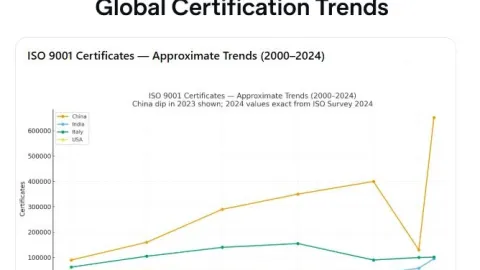
ISO Survey 2024 Released as China’s Return Skews Global Results
The 2024 edition of the ISO Survey marks a major shift in how global certification data is collected -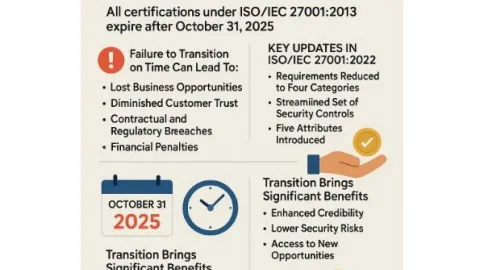
Final Weeks Before Transition Deadline for ISO 27001: Act by End of October
The deadline for transitioning to the new ISO/IEC 27001:2022 version of the international information security management standard is approaching fast.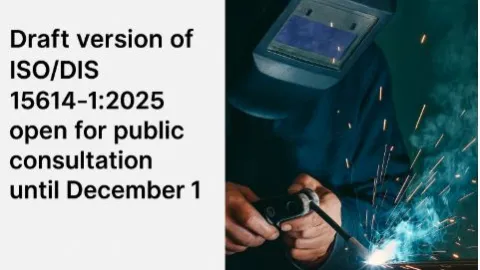
Public Consultation Opens on ISO 15614-1 Welding Procedures Standard
The draft version of ISO/DIS 15614-1:2025, a key international standard for specifying and qualifying welding procedures for metallic materials, is now open for public consultation.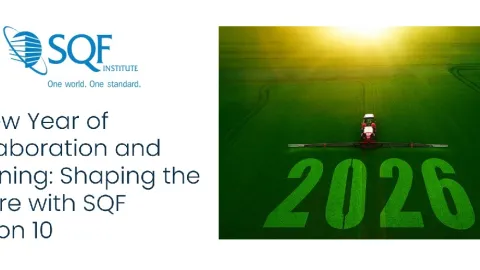
SQF Delays Release of Edition 10 as Benchmarking Timeline Shifts
The release of Edition 10 of the Safe Quality Food (SQF) Code has been postponed due to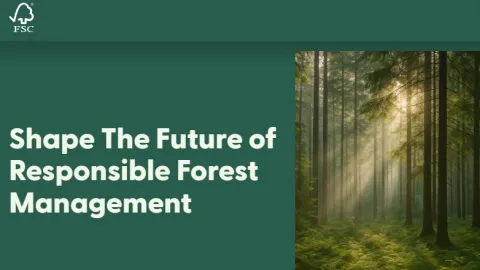
FSC Opens Consultations on Core Forest Management Standards
The Forest Stewardship Council (FSC) has launched public consultations on proposed revisions to its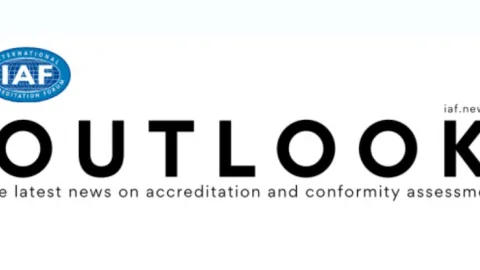
Inclusive Conformity Assessment and Instant Verification Highlighted in New IAF Outlook Issue
The International Accreditation Forum (IAF) has published the September 2025 issue of IAF Outlook,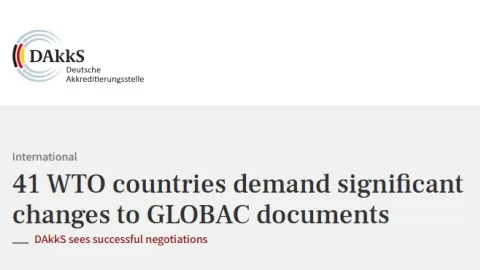
41 WTO Countries Demand GLOBAC Changes as DAkkS Pushes to Delay ILAC Dissolution
A coalition of 41 national accreditation bodies from WTO member states -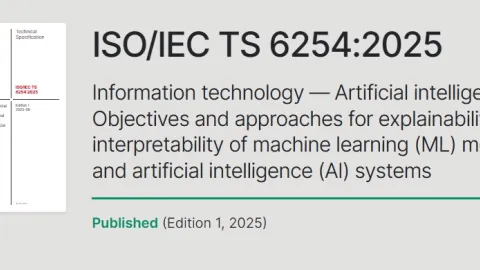
Global Specification ISO 6254 Sets Out Framework for Transparent AI Decision-Making
A new international technical specification, ISO/IEC TS 6254:2025,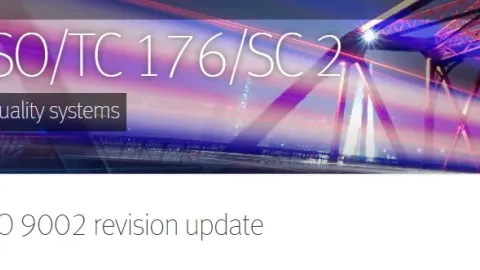
ISO 9002 Revision Reaches Working Draft Stage
The International Organization for Standardization (ISO) has prepared a Working Draft (WD) and a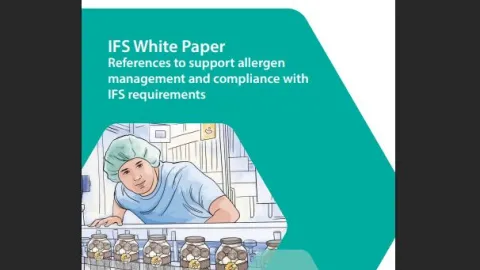
IFS Publishes White Paper to Support Allergen Management During Food Audits
IFS has released a new white paper that compiles official references to help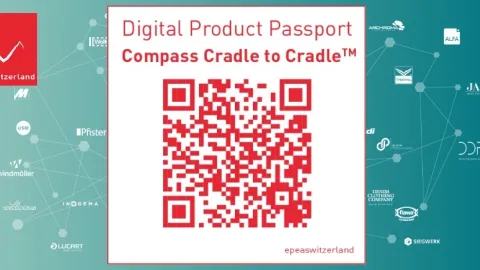
Epeaswitzerland Issues Three Digital Product Passports as Global Standards Advance
Epeaswitzerland gmbh has announced that it has issued three digital product passports under its